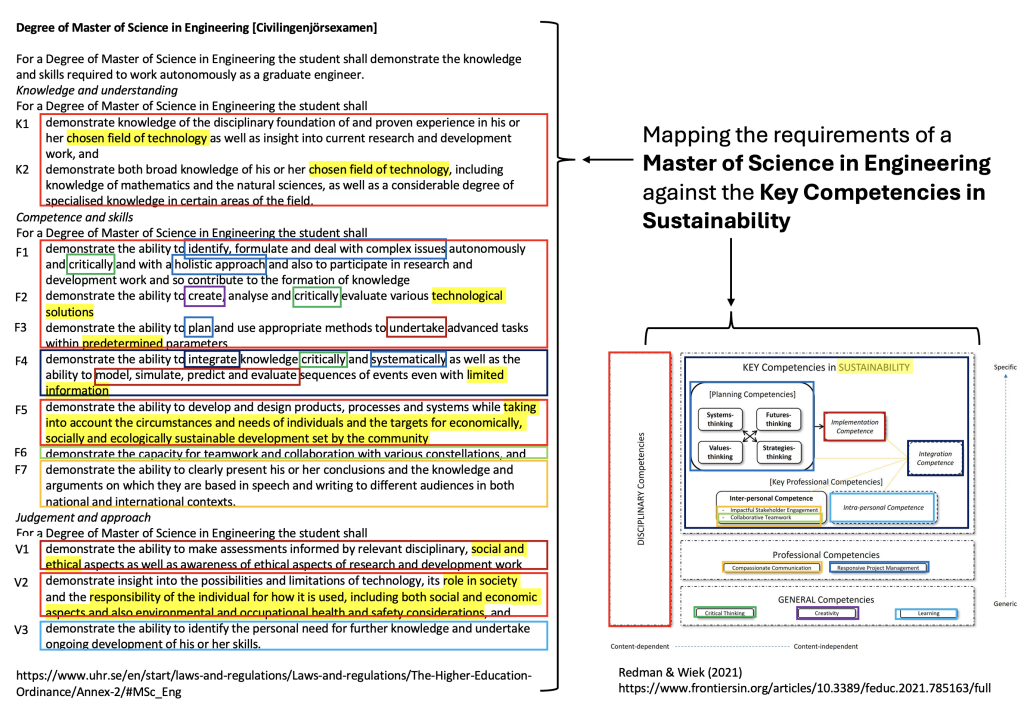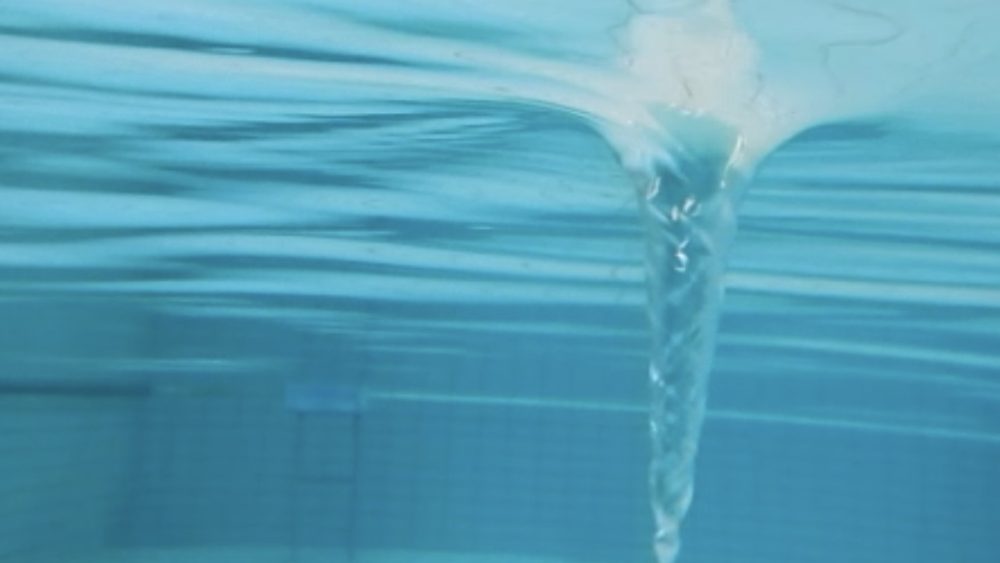Today, the participants of the course “Teaching for Sustainability” met up for the final meeting with the goal to present and discuss the projects that were developed in the course. They were joined by “critical friends” (in the Handal (1999) sense — peers that give supportive and constructive feedback in order to improve teaching) from across LU.
We started out with a super brief recap of the framework in which we think about teaching for sustainability.
First, we think that even if not every course is necessarily about sustainability, all (or at the very least most) courses could be teaching for sustainability. “If [making connections to sustainable development] is not relevant [for the course], if it doesn’t have any economic aspects, ecological aspects, or social aspects, then why are [the students] even working on it?” (Högfeldt et al., 2023)

In that sense, the big topics to tackle when teaching for sustainability are, yes, the content, but very importantly addressing sustainability competencies, to normalize conversations (read more here about why that is so difficult and yet so necessary), to always work for equitable classrooms, and to think about the “inner development” that we as teachers also might have to do.
Looking at the key competencies in sustainability (and here we like the Redman & Wiek (2021) framework), those competencies are very similar with the competences that are required for a Master of Science in Engineering according to the Swedish Higher Education Ordinance (see mapping below). Sustainability itself is a topic in the value-related learning outcomes, in the skills both explicitly and in how we set for example the “predetermined parameters” within which students have to solve problems, but even in the knowledge-based learning outcomes, where students choose a field of technology in which they specialize.

So much for the motivation for teaching for sustainability, and the necessity to think about it in everything we teach — after this brief introduction, we moved on to presentations of the projects, and then fruitful and enjoyable in-depth discussions. The topics of the projects range from a systematic literature review on the one end, over different suggested formats for sustainability workshops, over wicked-problem-based teaching in aerosol physics, to a tried & tested 2-hour workshop in structural engineering by the authors of this blogpost. The project reports of all projects will be published on this blog at a later date (after all, course participants got a lot of interesting feedback and food for thought today!), so there is a lot to look forward to!

